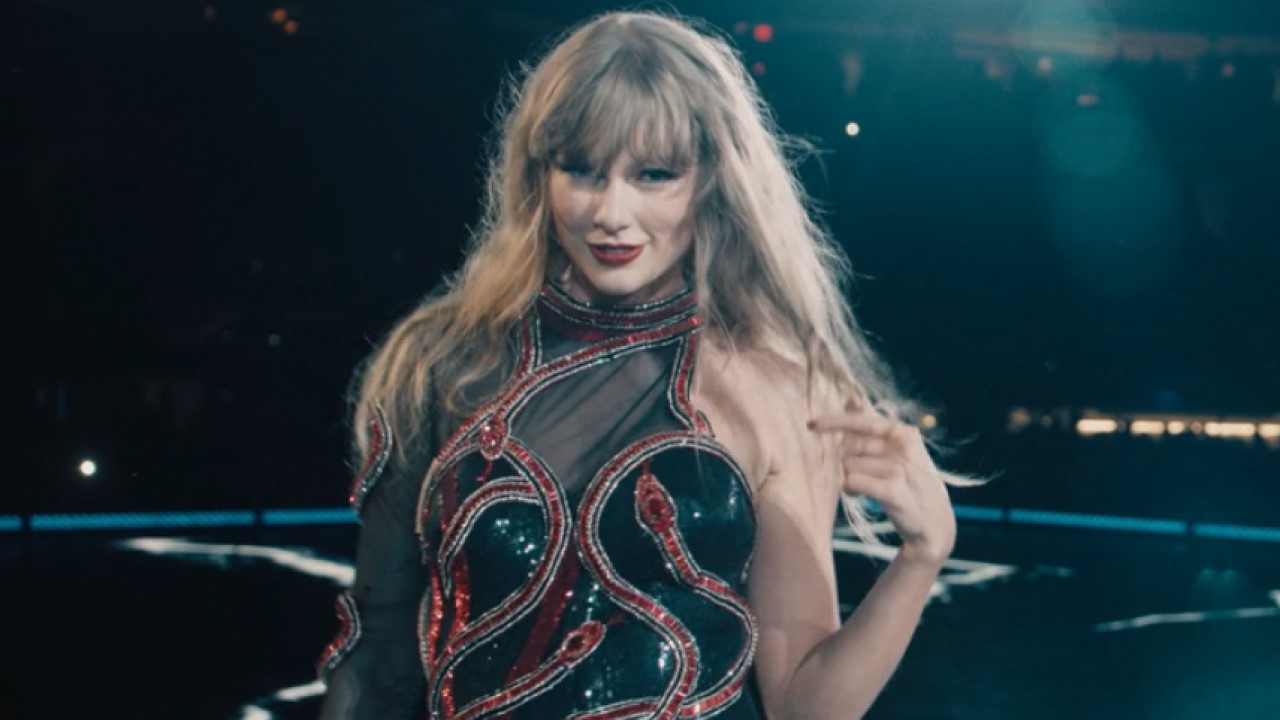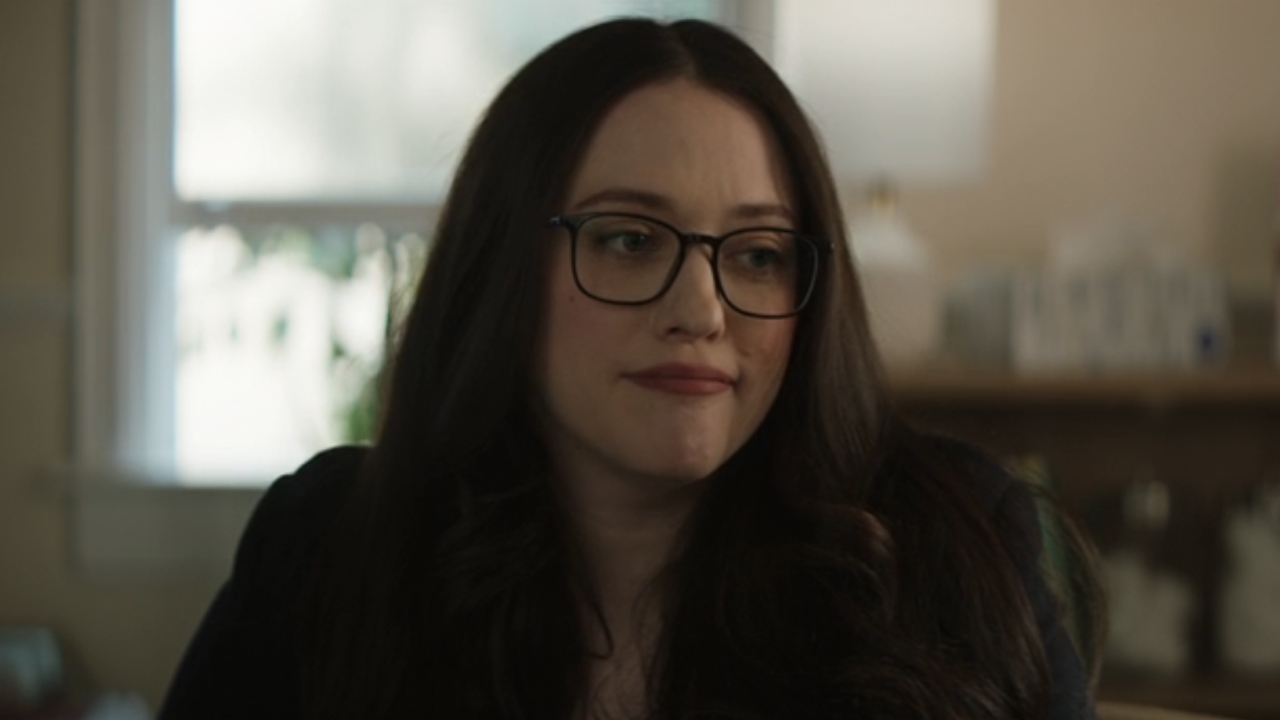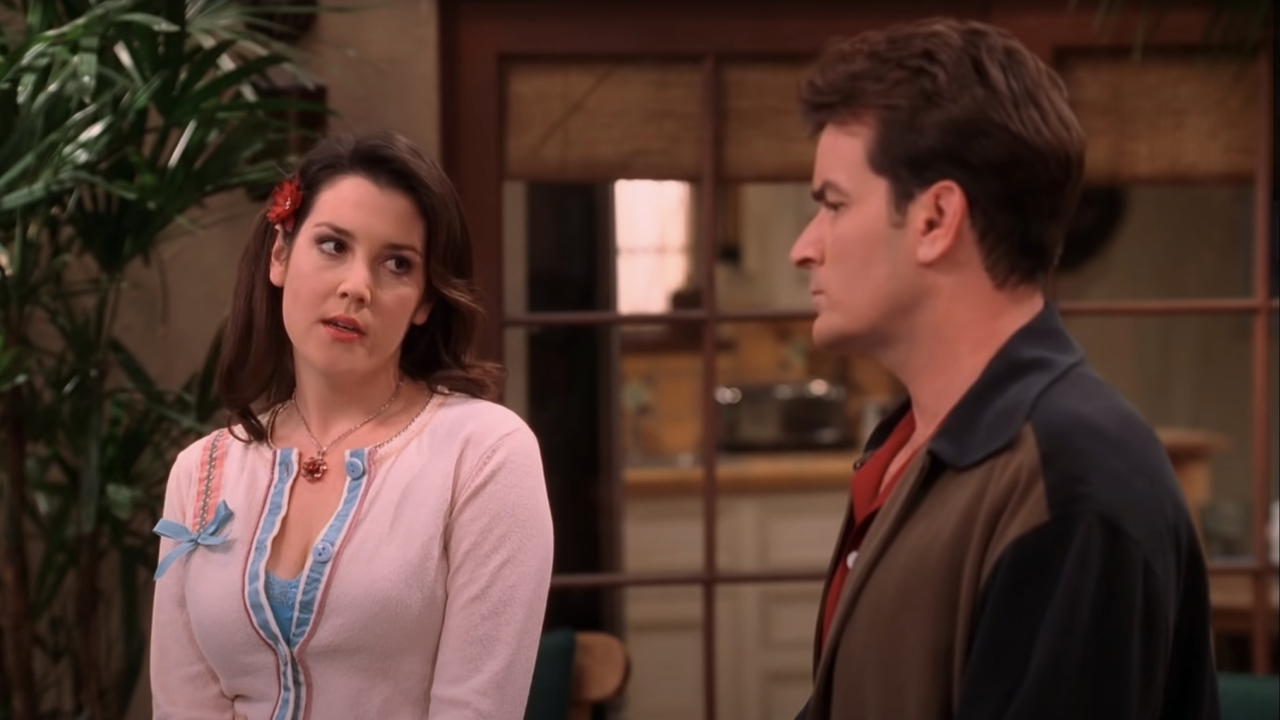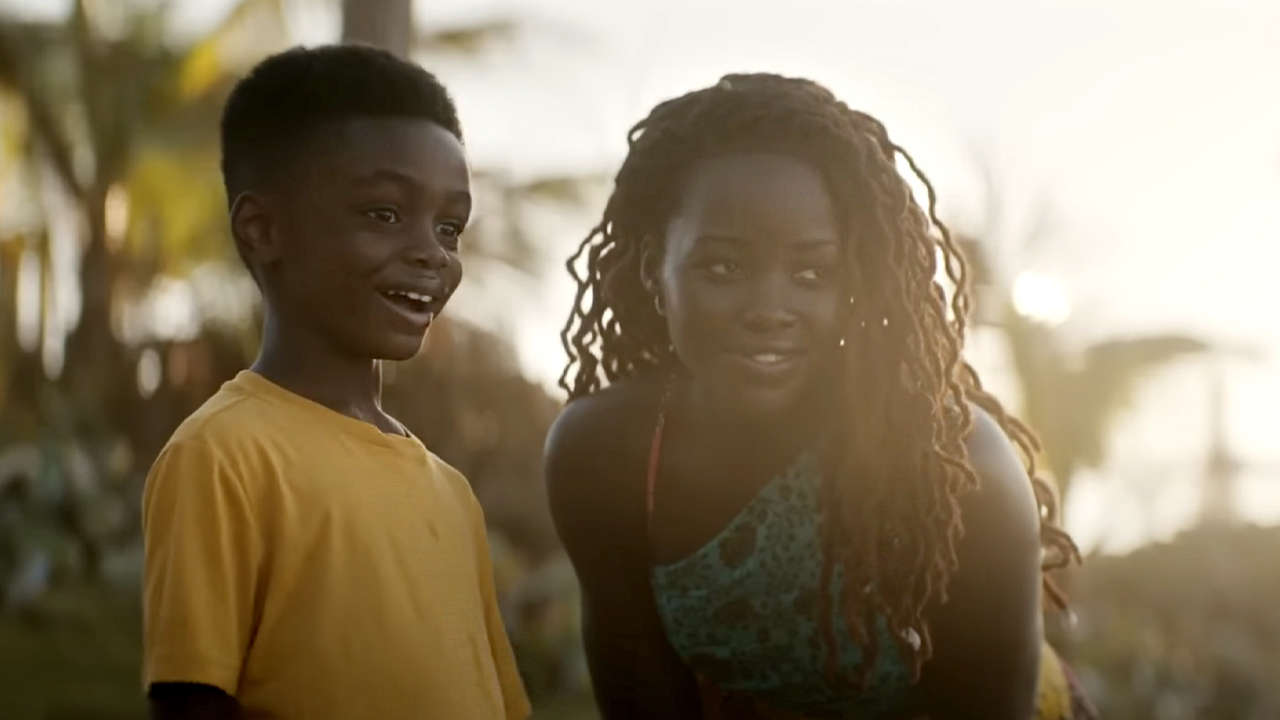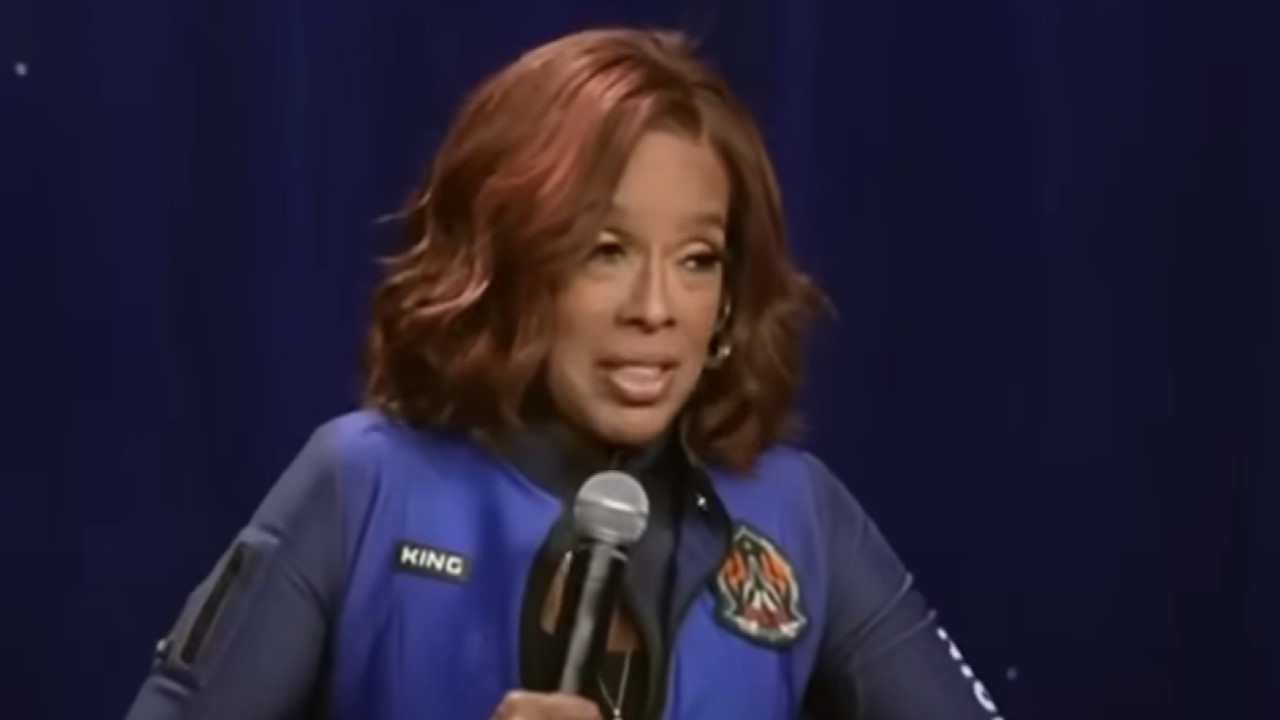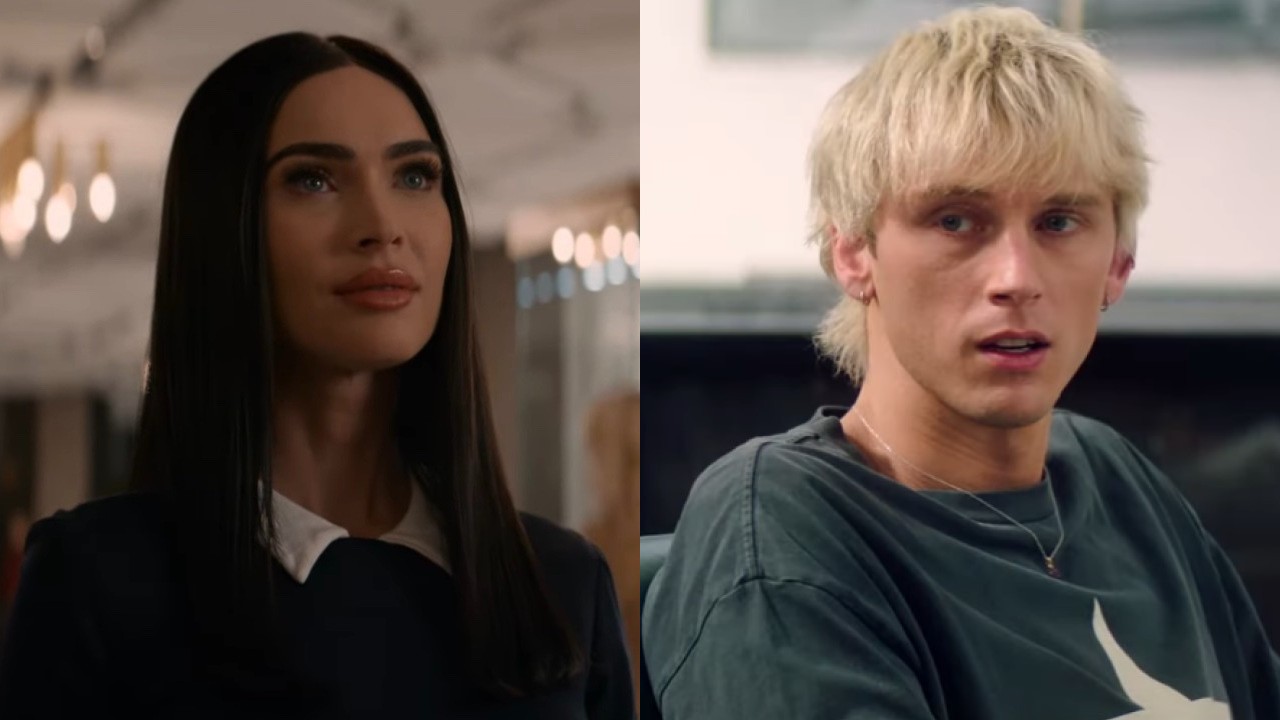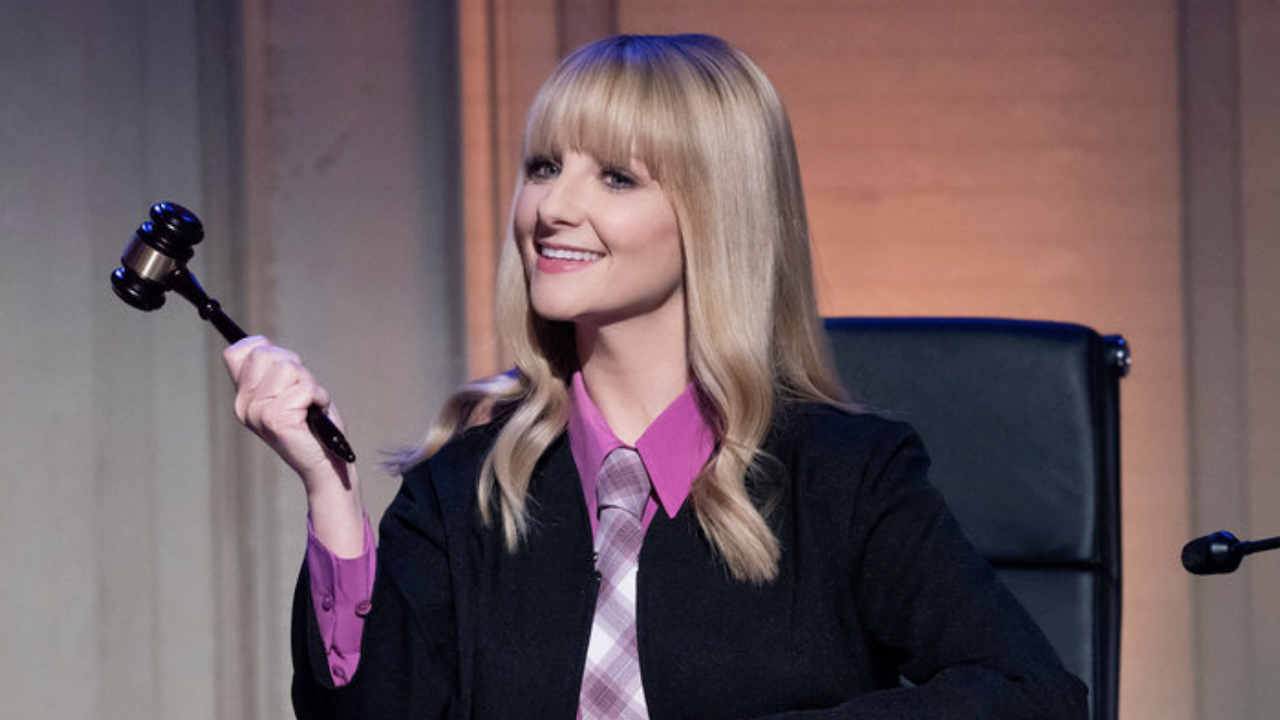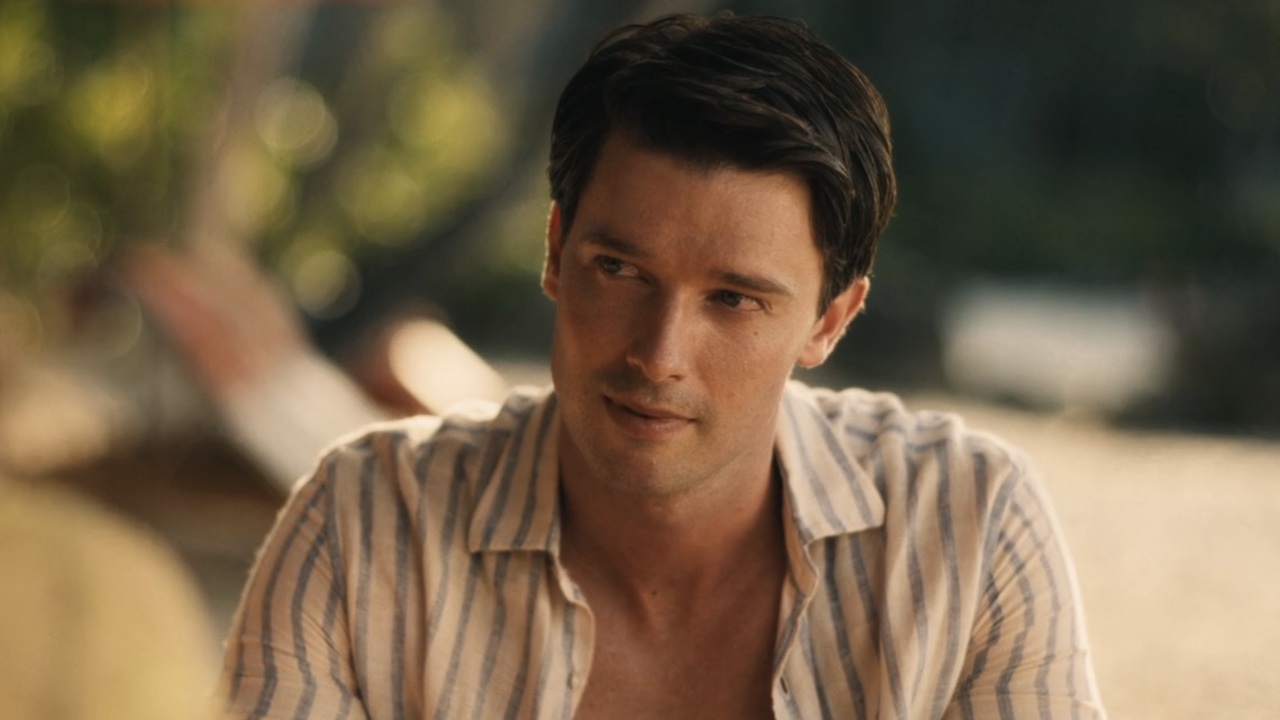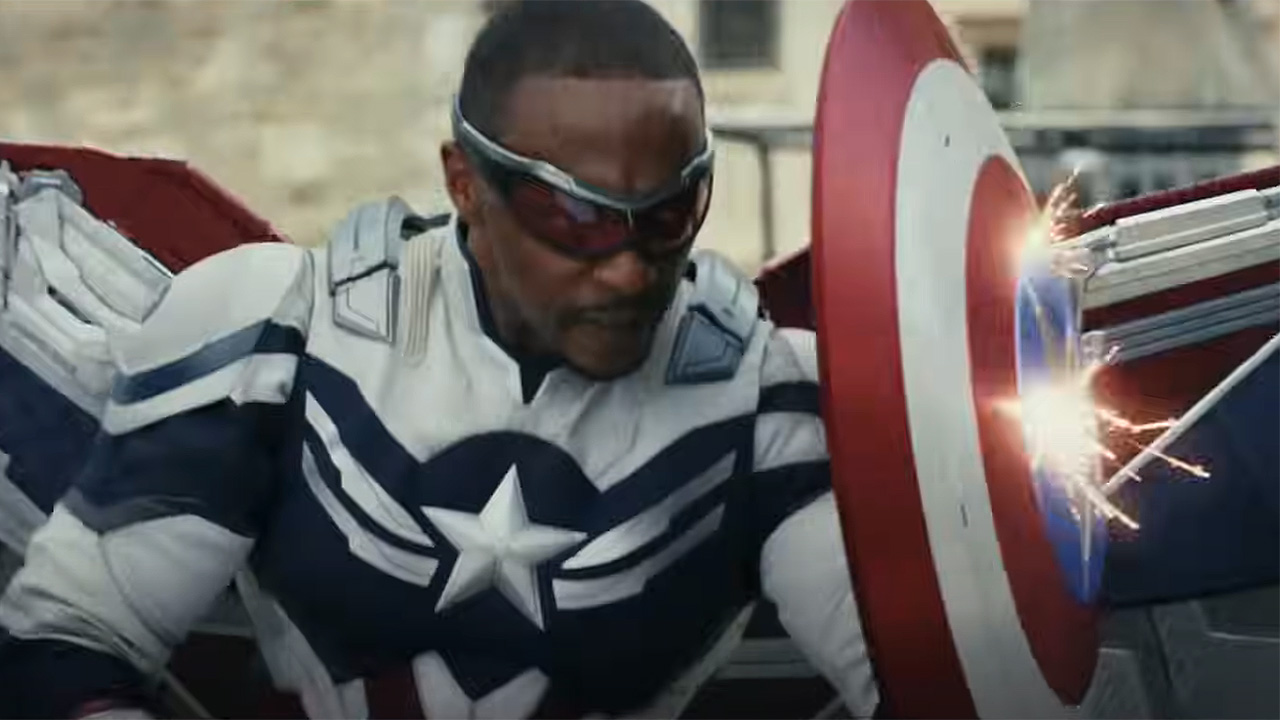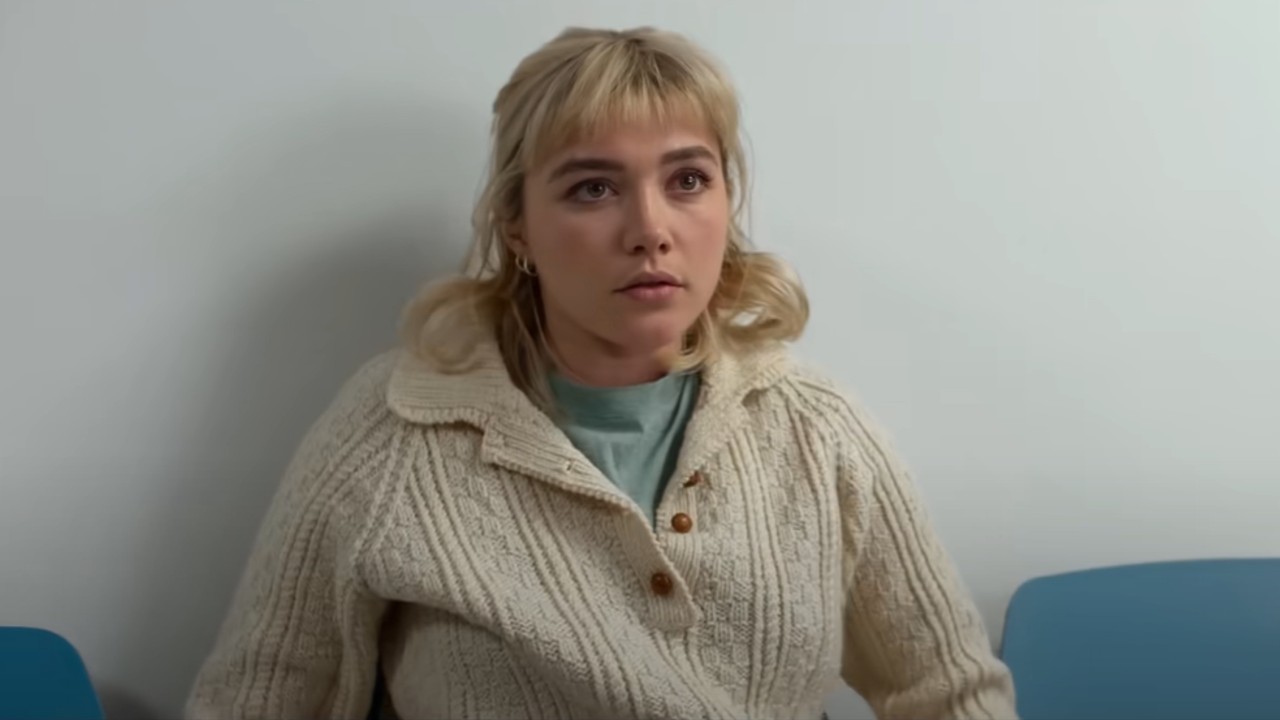Should More Disney Live-Action Movies Like Aladdin Get Sequels?
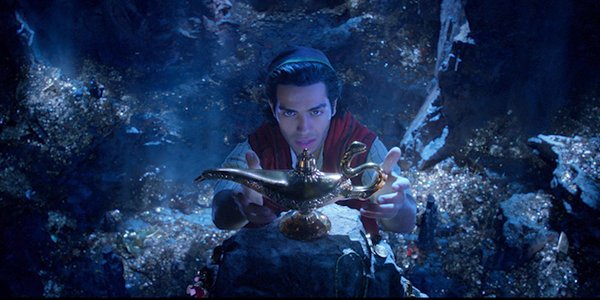
Proving that all the handwringing over the look of Will Smith’s Genie was overblown, Aladdin proved shining, shimmering, splendid at the box office over Memorial Day weekend, taking the top spot on the domestic charts. It is just the latest example of the financial success Disney has had in recent years with adapting its beloved animated classics to live-action blockbuster films.
The formula that has made these films such a success for Disney (minus a few underperformers), has also been the source of the most consistent and prevalent criticism levied against these remakes. The critics often mention these live-action remakes are too safe and lack originality, often hewing as close as possible to the animated films upon which they are based.
Those criticisms seem unlikely to abate anytime soon with Aladdin just one of the many live-action remakes Disney has on the calendar this year. The more outside-the-box Dumbo began the year, but there is still the Disney+ bound Lady and the Tramp, as well as theatrical releases Maleficent: Mistress of Evil and The Lion King, the latter of which audiences would be forgiven for assuming is just a shot-for-shot remake of the 1994 zenith of Disney’s renaissance.
It is Maleficent 2 however that raises an interesting possibility and path forward that is worth talking and wondering about. Namely, should more Disney live-action movies like Aladdin get sequels?
The criticized lack of originality and sequels may not seem connected, but there are several reasons to think that Disney would be well served by turning some of its live-action reimaginings into film series. Disney is adapting its animated movies to live-action at a fairly rapid rate and I have wondered in the past what the studio will do once it exhausts the most beloved titles. These films are a big part of Disney’s theatrical strategy at the moment, alongside Star Wars, the MCU and Pixar/Walt Disney Animation. I'd assume the studio won’t want that revenue stream to dry up.
Giving films like Aladdin sequels would address this concern by providing Disney with more brand name titles to fill out its calendar for years to come. Sequels could also have the added benefit of the kind of risk-taking the live-action remakes to date have been criticized for lacking. To be clear, any perceived lack of originality hasn’t hurt these films at the box office, but I think it’s fair to say we’d all like to see Disney take some risks as well.
Whether it be theatrically or in its theme parks, Disney as it currently stands really values established brands and recognizable characters that audiences have already invested in. Sequels to Aladdin or The Lion King would bear all those crucial elements and could build off their predecessor’s success. They would have the benefit of nostalgic sentiment for the properties, while still having the creative latitude to innovate and tell a new story.
CINEMABLEND NEWSLETTER
Your Daily Blend of Entertainment News

If you take something like Jumanji: Welcome to the Jungle or Cobra Kai as an example, familiar brand names and characters and a powerful nostalgic quality can go a long way towards getting audiences to check out something new and unique. Sure, Aladdin 2 or Cinderella 2 would probably share more in common with their predecessors than those two titles resemble their forebears, but you get the idea.
It’s true that Disney has already made sequels to many of its animated classics that could be theoretically be directly adapted, but those titles were generally straight-to-DVD and not always of the highest quality. Diverging too far from a beloved movie like Aladdin might result in major backlash, but I'm guessing not too many people are going to be heartbroken if Return of Jafar isn’t faithfully adapted or a sequel goes in an entirely different direction.
That gives Disney the kind of creative freedom to tell better follow-up stories to their iconic properties that are inventive and new while still playing to nostalgia.
In addition to allowing for new storytelling, sequels would also draw fewer comparisons to the original animated films because they wouldn’t be direct adaptations. Whenever something cherished is adapted to another medium, those things that are lost and changed in the translation are deeply lamented by fans. Sequels to Disney’s live-action remakes would have no such hill to climb.
So, sequels to Disney live-action remakes like Aladdin would fall into an advantageous middle ground that would confer the nostalgia of an established, beloved property as well as allowing for the kind of creativity many critics of Disney’s reimaginings want to see.
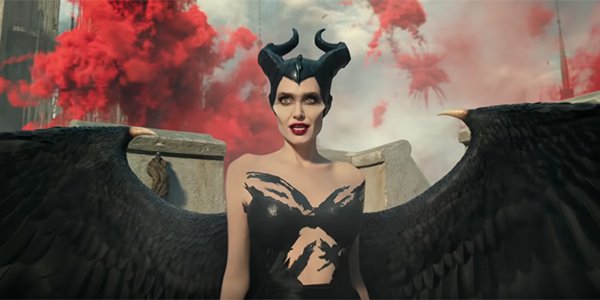
This is all theoretical, though, and alongside the surmised benefits of these sequels are a slew of potential pitfalls that could make such pursuits rather tricky.
The biggest problem is that originality does not equal quality. The live-action remakes that have arguably skewed the furthest from their animated counterparts, Alice in Wonderland and Maleficent, are also two of the least memorable adaptations. These films were successes at the box office to be sure, but they aren’t held up as Disney’s best reimaginings. Anecdotally, it seems to me that among many Disney fans Maleficent especially is disliked for how far it strayed from Sleeping Beauty by fundamentally altering the story.
Audiences hold these stories too dearly and any sequel that takes the story and the characters in a direction they don’t approve of might get rejected at the box office. Then again, sequels aren’t the original animated movies so perhaps audiences will be a little more open and forgiving than they otherwise would.
The other knock against going the sequel route with Disney’s live-action remakes is that it is basically an unproven formula at the moment. If you don’t count 2000’s 102 Dalmatians, which I don’t, the only modern sequel to one of Disney’s live-action remakes is 2016’s Alice Through the Looking Glass. That sequel was critically loathed and didn’t even crack $300 million worldwide when Alice in Wonderland made over $1 billion.
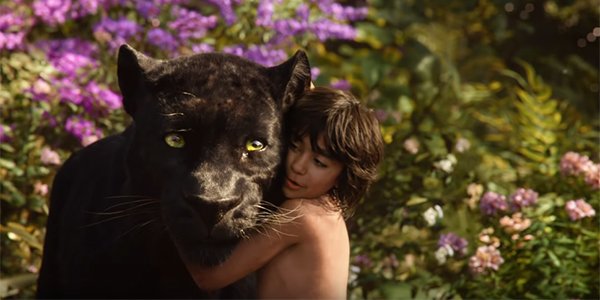
That’s a small sample size though and just because it hasn’t really worked doesn’t mean it won’t. We should find out eventually because The Jungle Book from 2016 will be getting a sequel. Jungle Book 2 will go a long way towards testing the efficacy of giving sequels to these live-action reimaginings.
After that who knows? Despite its tremendous box office, Beauty and the Beast does not look like it will be getting a sequel, even though it was once considered and Emma Watson seems down for one. If I had to put money on it, I’d guess The Lion King has the best shot at getting a sequel after Jungle Book.
Even without seeing it, that movie is bound to do boffo business and seems like it would have more interesting directions to go in a sequel as opposed to something like Cinderella’s pure happily ever after ending. Aladdin could also be an interesting choice with plenty of storytelling opportunities raised by the first film and mythology to delve into.
So there are some big theoretical benefits to Disney giving sequels to its live-action remakes, but those sequels come with big question marks and a risk of failure. Ultimately, the best approach, at least s it seems to me, would be the one Pixar took with the Toy Story franchise. Toy Story 3 was the last movie until the team at Pixar had a great story they wanted to tell and that became Toy Story 4. Disney should adopt that methodology and only give sequels to those films that are ripe for it, where there is a sequel in need of telling.
Aladdin is now playing. Make sure you know what ticket to buy before seeing it and after that you can look forward to The Lion King on July 19. Keep an eye on our guide for all of Disney’s upcoming live-action movies.
Nick grew up in Maryland has degrees in Film Studies and Communications. His life goal is to walk the earth, meet people and get into adventures. He’s also still looking for The Adventures of Pete and Pete season 3 on DVD if anyone has a lead.

